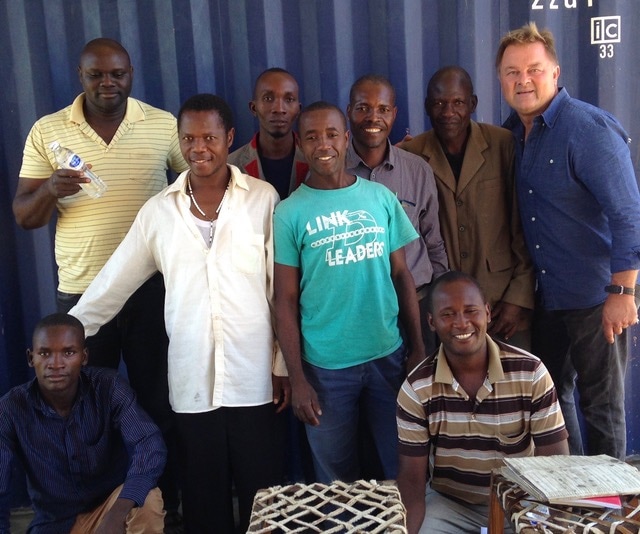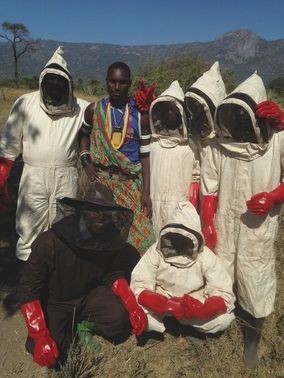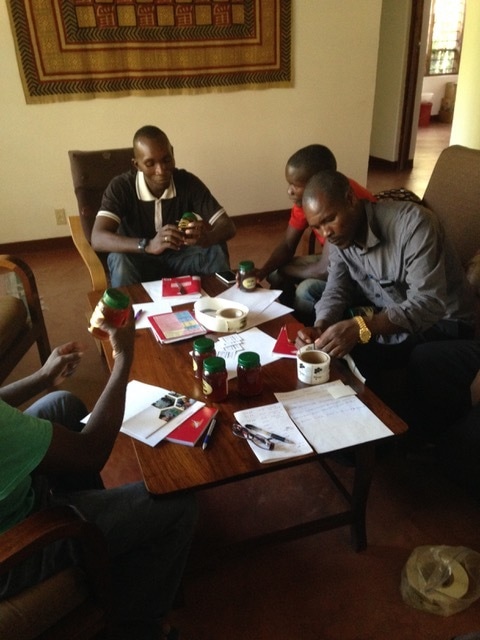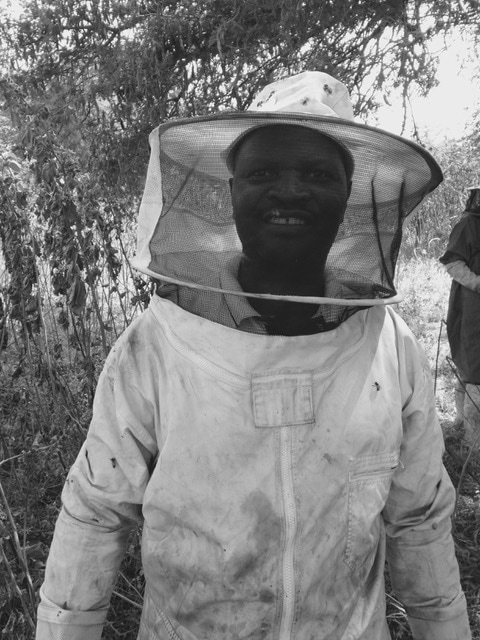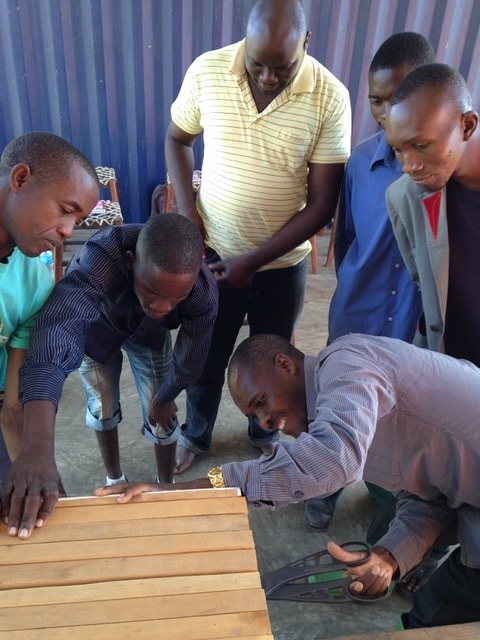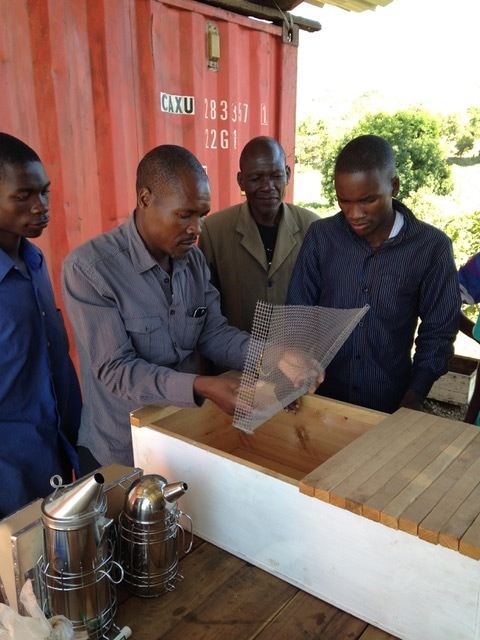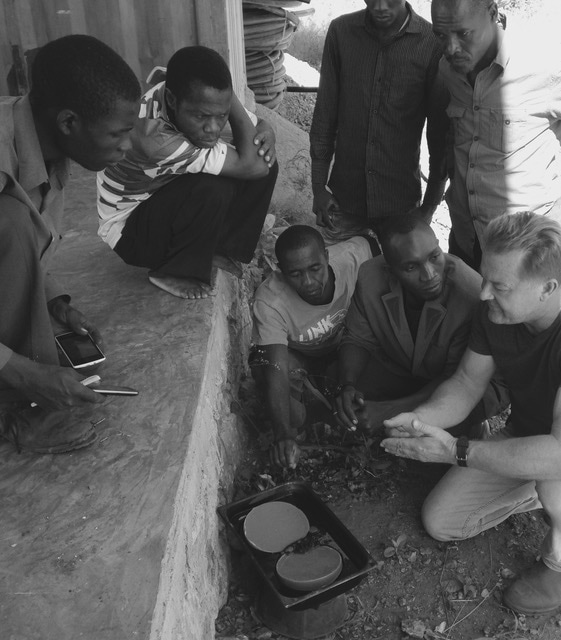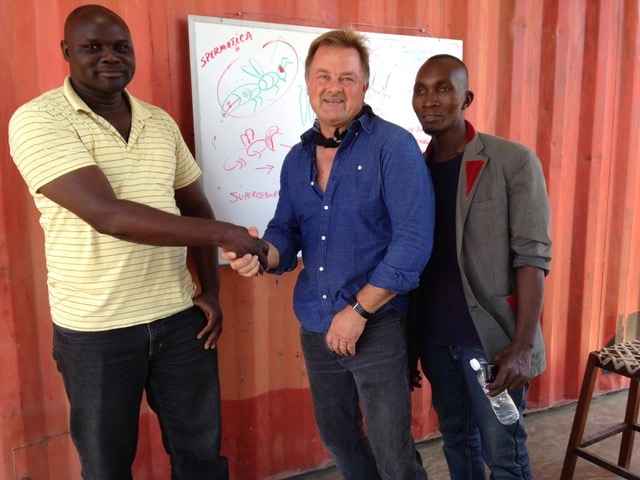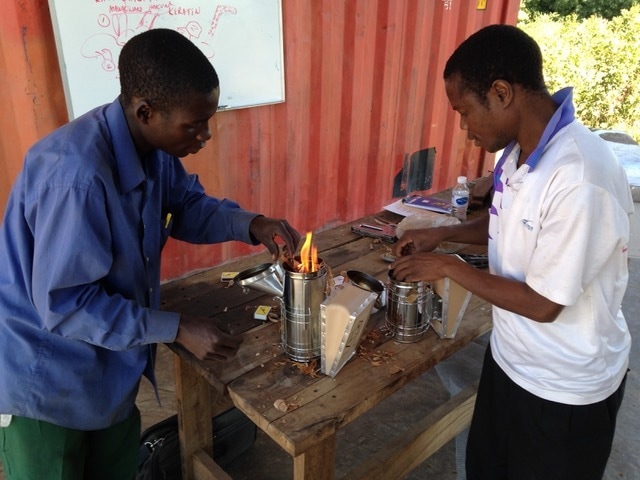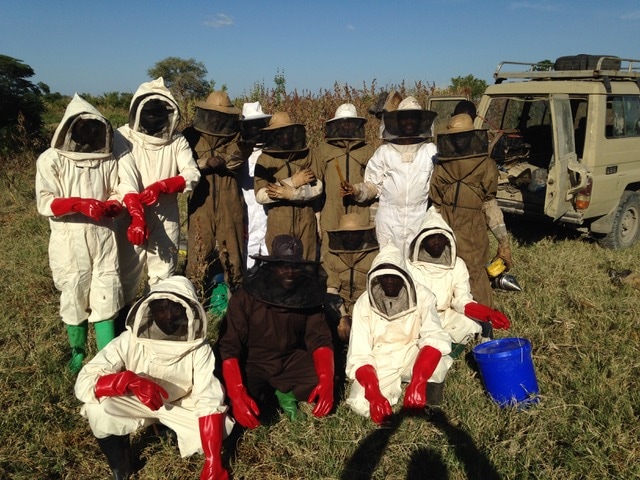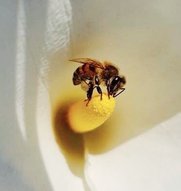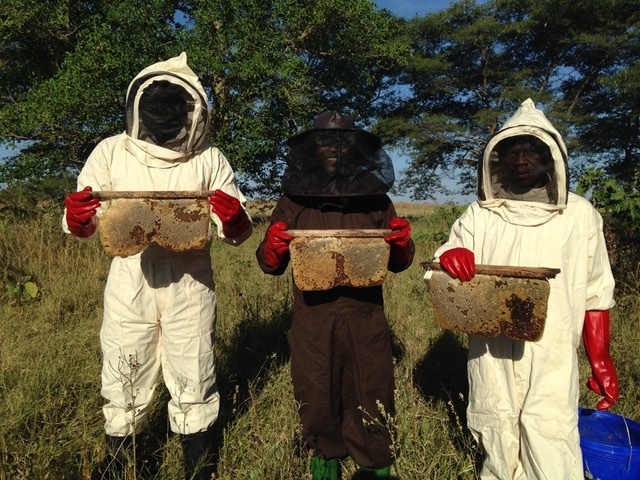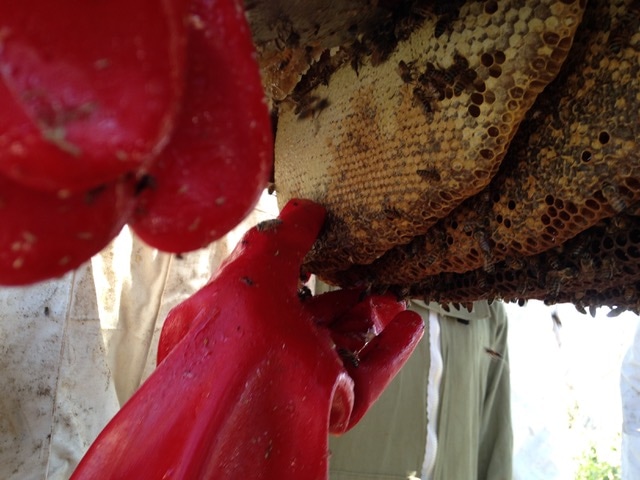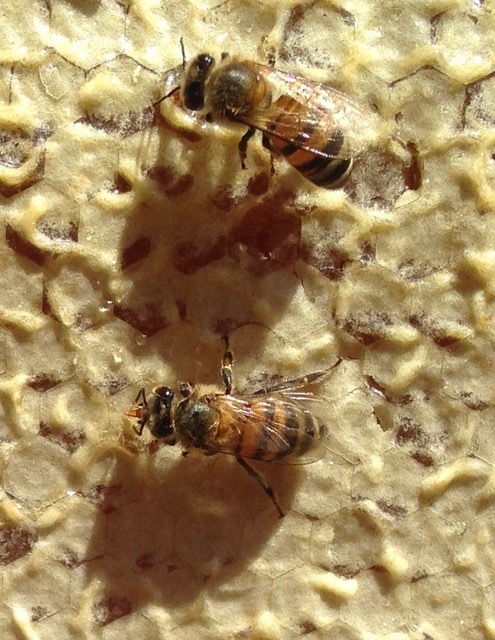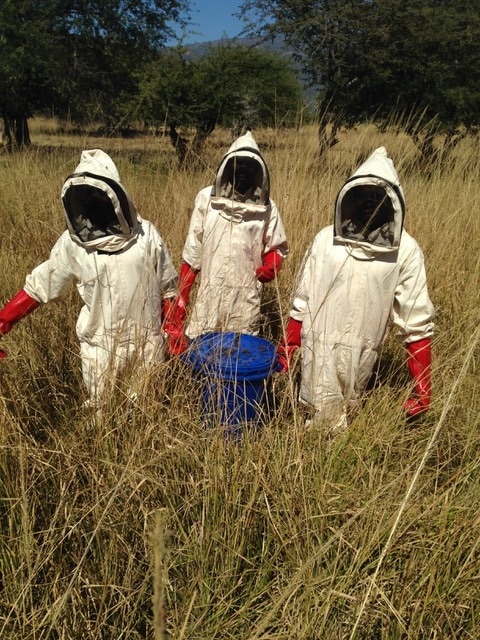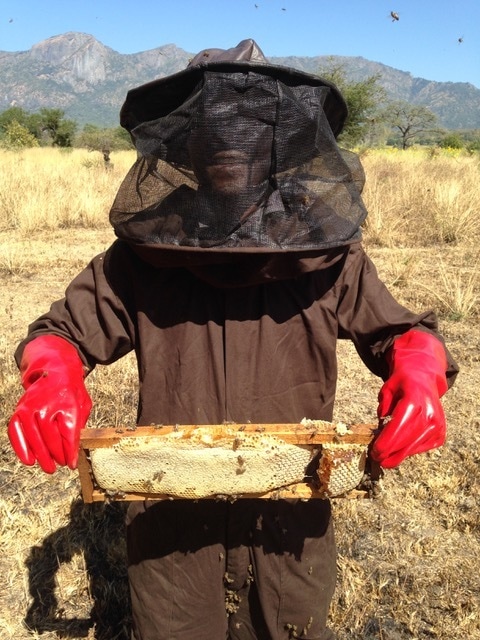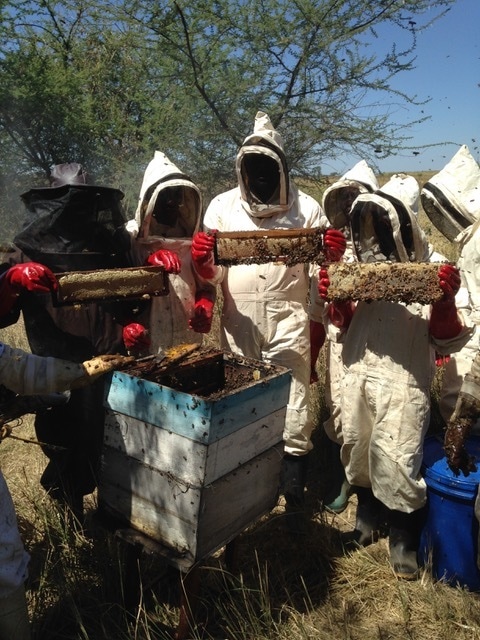Beekeeper Training - May 2017
Nsanga AG Center, Rukwa Valley
|
Greetings from the Rukwa Valley in SW Tanzania! May 24th through 28th 2017 we ran beekeeper training at our Nsanga, Agriculture Training Center. What a great time we had with our trainees Omari, Bushiri, Ray, Daudi, Celestine, Mbwana, Jafedi, Boaz, Frenki and Pius from Dar es Salaam, Mtwara and Sumbawanga!
The first day of training was focused on the Theory aspects of African beekeeping. Where does honey and wax come from? What is the brood chamber? Utilizing something called a queen excluder, how does a beekeeper keep the queen from laying eggs in the honey chamber? How does a beekeeper get 100 percent occupation in his hives? How does a beekeeper attract primary swarms into his hives so that they start producing honey in the shortest amount of time possible? |
|
The last day of training was centered upon Processing and Packaging. This is an easily overlooked aspect of beekeeping especially here in Africa. The general idea being that if we produce honey we have succeeded. That is not true if you plan on selling the honey you have gathered. If you sell honey in bulk (by the bucket) you will almost always fail to get a good profit from what you have worked so hard to produce. There needs to be a good procedure for processing raw, unheated honey, so that it will retain its volatile key-tones. These are the flavors and smells that raw honey possesses. Once heated past 155 F many of these smells and flavors are lost. That is why one of the first questions asked of many African beekeepers is, “Is your honey raw?” To produce raw honey you must observe strict standards of hygiene. Arms must be scrubbed with soap and latex gloves worn for the pressing that is done by hand or while using an extractor of any sort. We also looked at different jars used to sell honey, talked about the registering of their honey with Tanzania Bureau of Standards as well as, getting quality stickers to identify your honey.
We will look forward to communicating more with these men as they move forward with their exciting new projects. Thank you for your interest in African beekeeping. Sincerely, Ted Rabenold Africanbeekeeping.com |
Here are more photos:
